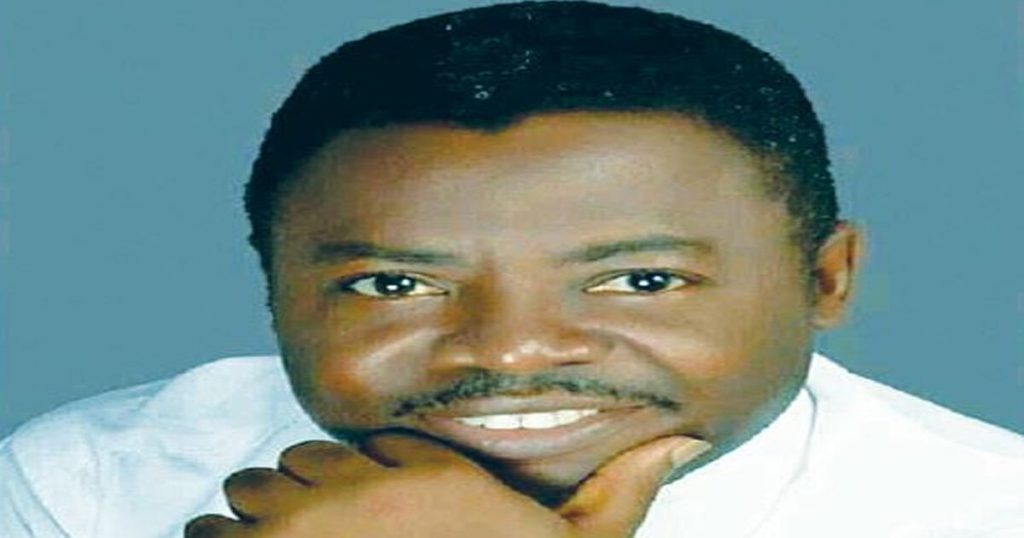Dr. Bolaji Akinyemi, a human rights activist and advocate for social change, shares his perspectives on the Nigerian political landscape. He emphasizes that the adoption of the African Democratic Congress (ADC) by a coalition of political forces must represent a genuine ideological shift, prioritizing justice, accountability, and restructuring. Simply changing party labels without addressing the underlying issues plaguing Nigerian politics will only perpetuate the cycle of failed leadership. The coalition, he argues, has the potential to offer a viable alternative to the ruling All Progressives Congress (APC) in the 2027 elections, but only if it transcends superficial gestures and presents a clear vision for the future. This requires demonstrating moral courage, a commitment to constitutional principles, and a tangible plan to dismantle the existing power structures that have stifled progress. Nigerians, he suggests, are not merely weary of the APC, but of the entire political class that has consistently failed to deliver on its promises.
Akinyemi addresses the perceived dominance of the APC under President Tinubu, acknowledging the challenge posed by incumbency. However, he maintains that hope lies not within the corridors of power, but with the Nigerian people. A credible candidate, one who inspires trust and prioritizes the welfare of the citizenry, can galvanize the electorate and overcome the advantages enjoyed by the ruling party. He stresses that a determined populace, united in its pursuit of a better future, can overcome even the most entrenched political forces. The ultimate question, according to Akinyemi, is whether Nigerians are willing to actively defend their future through their voices and votes or succumb to the allure of short-term gains offered by those in power.
The success of the coalition in unseating the APC, Akinyemi posits, hinges on strategic discipline, internal unity, and a realistic assessment of the lengths to which incumbents will go to retain power. Grassroots mobilization, leveraging digital platforms, and a consistent message are crucial elements for building momentum. He cautions against underestimating Tinubu’s political acumen but emphasizes that the power ultimately resides with the people, and it is theirs to reclaim. Regarding Peter Obi’s potential role as the ADC’s standard-bearer, Akinyemi advocates for a pragmatic approach. If the ADC is truly progressive and Obi remains committed to his reform agenda, a partnership could be mutually beneficial. He underscores the importance of prioritizing ideology over individual ego and allowing Obi the space to lead if he genuinely embodies the spirit of a new Nigeria.
Addressing allegations that some joining the coalition are motivated by personal gain rather than genuine reform, Akinyemi acknowledges the risk posed by such individuals. He emphasizes that self-interest will only further damage the political process. However, he also suggests that there is room for those who have made past mistakes, provided they demonstrate genuine repentance and a commitment to a shared vision for Nigeria’s future. He stresses the urgency of the situation, stating that Nigeria cannot afford another coalition driven by convenience, but requires one grounded in conscience, where past errors are acknowledged and addressed, not simply repeated.
Akinyemi directly refutes the assertion by Works Minister David Umahi that the coalition lacks credibility and is faceless. He argues that it is the government, not the coalition, that lacks credibility, pointing to the widespread suffering throughout the country. He characterizes Umahi’s dismissal of the coalition as arrogant and a sign of the government’s disconnect from the realities faced by ordinary Nigerians. The true faces of the coalition, he contends, are the unemployed youth, the families of victims of violence, and the countless disillusioned citizens who have lost faith in the current system. He urges Umahi to focus on addressing the nation’s infrastructure challenges rather than attacking those advocating for change. Regarding the Muslim-Muslim presidential ticket, Akinyemi criticizes the decision as a deliberate affront to Nigeria’s religious diversity, fostering distrust at a time when unity is paramount. While acknowledging the electoral victory of the ticket, he argues that it represents a missed opportunity for fostering national cohesion.
Finally, Akinyemi offers advice to President Tinubu, urging him to prioritize meaningful reform over the pursuit of a second term. He calls on the President to restructure Nigeria and address critical issues such as the illegal tenure elongation of public officials, specifically citing the Comptroller General of Customs. He argues that such practices undermine reform efforts, compromise national security, and perpetuate a culture of favoritism over merit. Akinyemi explains his lawsuit against the tenure elongation, emphasizing that it is driven by constitutional concerns, not personal grievances. He seeks to establish a legal precedent that reinforces the rule of law and safeguards the integrity of the public service. He clarifies that his fight is against a flawed system, not individuals, and that he is committed to a Nigeria where merit and adherence to the law determine career progression, not political maneuvering. He concludes by affirming his commitment to a movement focused on trust, leadership, and transformation, transcending party lines to work towards a Nigeria that serves all its citizens.


